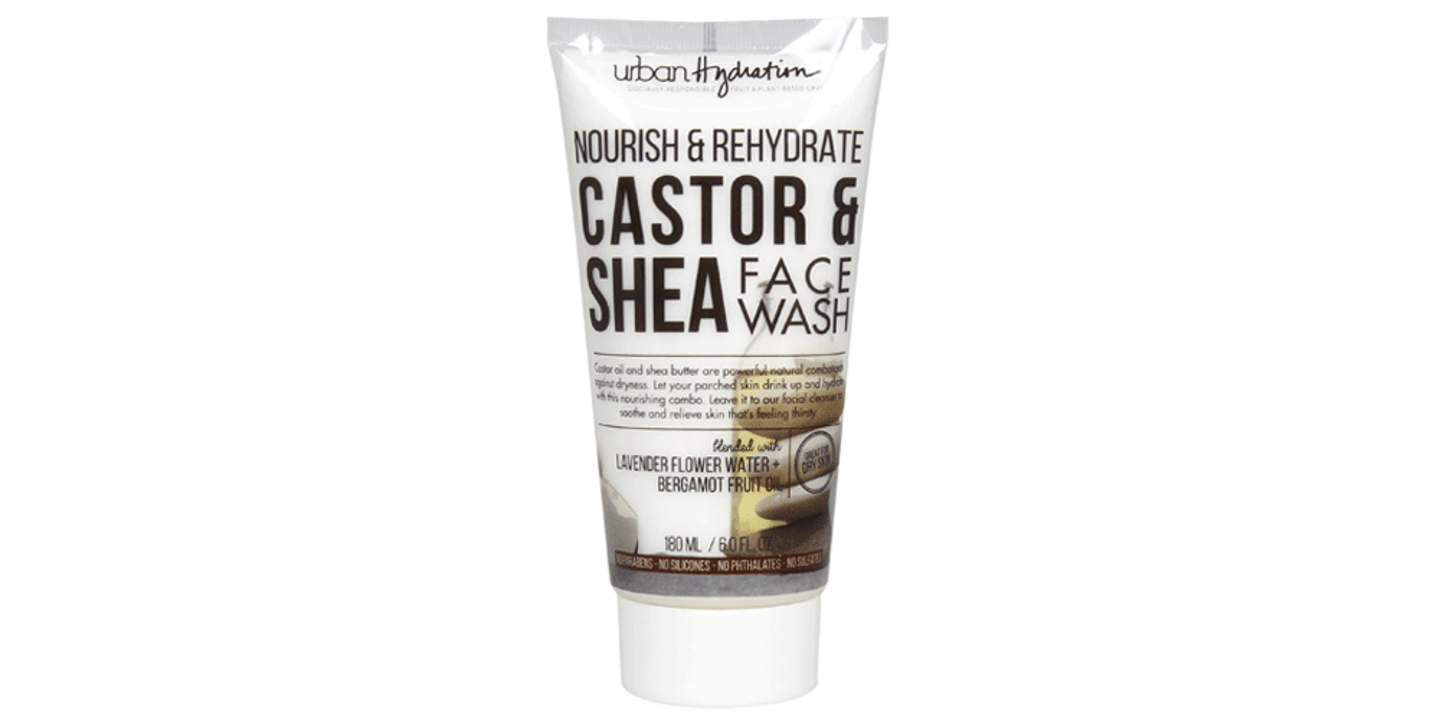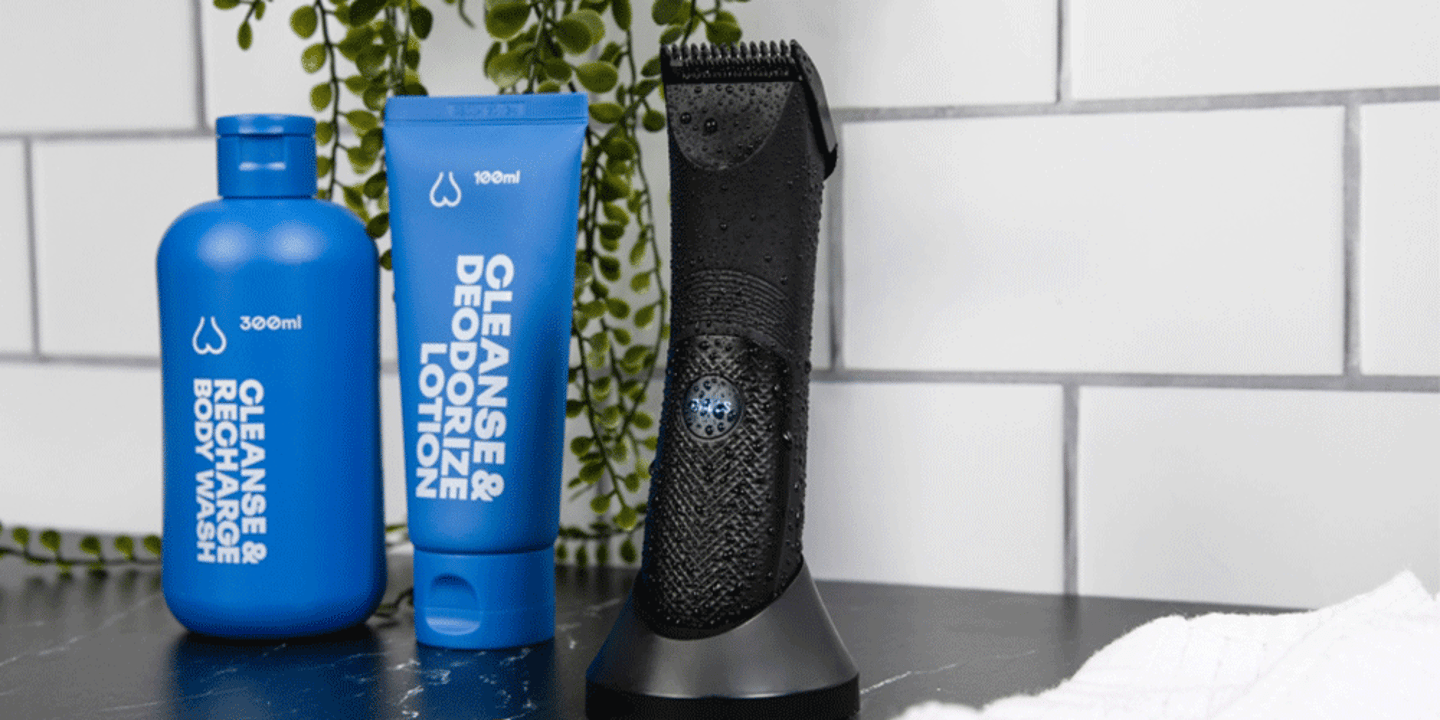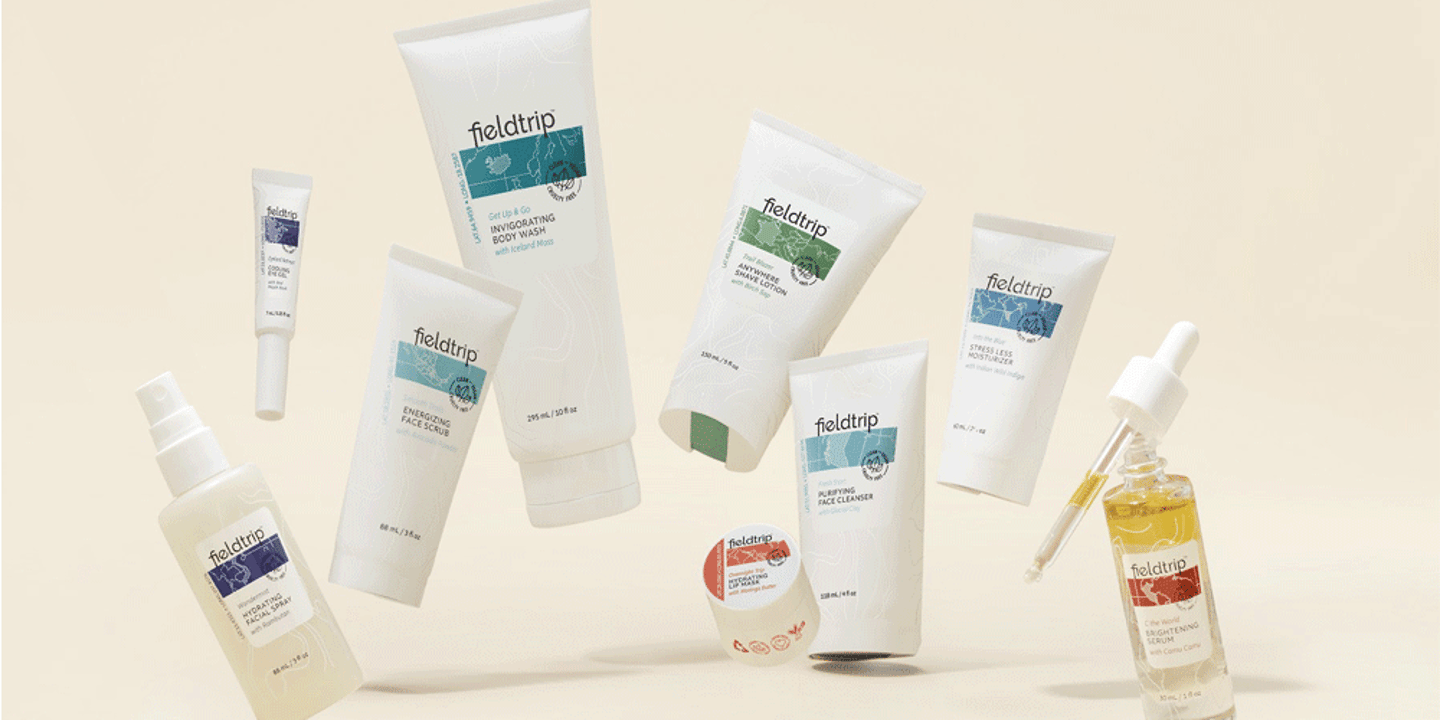Men’s grooming channel at a crossroads
How to market men’s grooming is a conundrum that has long held back mass market retailers and brands from achieving the category’s full promise.
The challenge is reaching key decision makers in a channel where females are the primary shoppers. According to Forbes, women control or influence 85% of consumer spending and account for about 50% of products typically used by men.
Retailers trying to nab a bigger share of men’s grooming are at a crossroads: Should they build bigger men’s departments or integrate the flurry of new men’s products into existing planograms?
[Read more: Skin deep: Body care sales rise — increasing basket-building opportunities]
Another option is to tailor each store’s planogram based on shopping habits — especially based on market demographics (see sidebar).
Compounding the puzzle is the emergence of nongender-specific personal care, a trend that could spark a total overhaul of retail shelves.
Leading chains building men’s departments
Rite Aid, CVS Health and Target already show support for a “man cave” approach with clearly defined men’s areas. To offer choices to male shoppers, CVS and Target developed men’s private labels: CVS’ Goodline Grooming Co., and Goodfellow & Co. at Target. The latter encompasses beauty and fashion.
Brands such as Duke Cannon Supply, Jack Black and a U.K.-based line aptly called Balls squarely pitch their items at guys.
Getting the message right is paramount as mass market retailers strive to keep their dominance in a business on a growth trajectory.
Global sales of men’s grooming products are on track to surpass $78.5 billion by 2025, according to Grand View Research, a compound growth rate pegged at 5.2%. “Rising consciousness of beauty among men” is cited as the factor driving the gains.
Pharmacies currently dominate sales, although e-commerce is expanding fast, the research firm said. But physical doors still have the competitive advantage of allowing shoppers to experience products before buying.
Many brands favor men-centric marketing.
“My POV still is [that] most men’s grooming products are purchased by men,” said Steven Yde, division vice president of marketing at Wahl Clipper. “I agree that females in married households [which often skew older] tend to purchase the male products more often. But I would also say about one-half of those purchases are what we call ‘directed purchases,’ explaining that females follow male’s direction of what to buy.
Wahl focuses on men for its appliances and tries to strike a balance in “wet” products, such as beard and hair care, where the goal is to offer scents attractive to males and females.
[Read more: The women’s health category experiences disruption]
Okay Pure Naturals just released a new men’s shaving collection of barber-approved items consisting of a post-shave liquid, an aftershave balm, an aftershave gel and nonfoaming gel. The male shopper is Okay’s prime target for the new line. But the company noted that women already know the brand from its hair and skin items.
“Men are doing more shopping for themselves these days,” said Juan Morillo, spokesman for Okay Pure Naturals. “Many men are single and have no choice but to purchase on their own. I feel that retailers need to carve out a place for men in their skin care ranges.”
Cardon, a cactus-based personal care brand tapping Korean beauty technology, is expanding beyond direct-to-consumer to physical doors. The range targets male-specific skin care needs such as redness from shaving, according to company founder and CEO Narae Chung.
“Our male customers shop for products for themselves,” Chung said. “They want to have good skin and are interested in learning more about skin care, but they want to minimize efforts to find the right products for them, given there are a lot of other things going on in their life.”
[Read more: Beauty videos that caught our attention this week … Aug. 11]
The brand, which touts its simplified regimen, has gained interest from exposure in magazines and social sites, said Chung, who sees big potential in men’s skin care. “Twenty percent of our customers said that they never used skin care before in their life. The men’s skin care market in the U.S. is at a tipping point of exponential growth.”
Retailers’ game plan is to leverage the strength of legendary brands such as Old Spice Deodorants (which ranks No. 10 in the top beauty brands in drug stores, per IRI) and Just For Men’s hair coloring (No. 17) while courting younger shoppers with new, edgier items.
It will take a fresh approach to halt the migration of men to online brands, especially Gen Z and Generation Alpha (those born between 2010 and 2025). Raised with the internet and social sites, these cohorts like to do their own research and gravitate toward buying online or from apps, according to research from Wonderman Thompson, an advertising and marketing firm.
TikTok, according to Mintel Research, is where more than 50% of Gen Z men get beauty information. Influencers are even launching their own brands. A case in point is Selfless by Hyram, the skin care line launched by Hyram Yarbro, at the request of his 6.3 million TikTok followers.
Selfless is for men and women and represents a movement to genderless products. Harry Styles’ new Pleasing, Machine Gun Kelly’s Un/Dn LAQR, Edgewell’s Fieldtrip and Urban Hydration are just a few examples of debuts with nongender-specific positions.
[Read more: Using data to monitor trends, consumer behavior and inventory]
Psyche Terry, CEO of Urban Hydration, makes a commitment to products designed for all. “We’ve created products with labels and fragrances that are inclusive and appeal to greater audiences because we feel men are indeed increasing their traffic in personal care.”
Searches for genderless products are up over the past year, according to First & First Consulting. Men are 2.4 times more likely to say they prefer gender-neutral or unisex skin care products to more masculine products. They also are 2.5 times more likely to say they don’t mind if products they buy are marketed to women, First & First said.
Age matters
In an informal poll, women over age 40 predominantly buy for male shoppers. The under 40 is a mixture of men deciding what they want, women in their lives buying for them and those who only want to make their own selections. Younger cohorts, Gen Z and the Alpha Generation, said they select their own products — often online.
“The men in my life use what I buy them,” said one 50-plus-year-old woman.
“My husband prefers I pick things out for him,” said a 64-year-old female. “I don’t think he has purchased anything like that for himself since I threw out his Right Guard and Hai Karate in 1975.”
Ask a 30-year-old, however, and responsibility shifts. “I encouraged [my fiancé] to use a moisturizer and SPF, but he chooses his products based on personal preference.”
Younger males, raised on the internet, turn to online research, influencers and friends.
Blurring the boundaries: Genderless launches abound
Men are taking better care of their skin and hair, according to a report from Kantar called “Finding the Future.” “With all things nonbinary on the rise, companies have responded and are featuring nonbinary models,” the report said. Here are recent genderless launches.
Edgewell Fieldtrip: The company unveiled a Gen Z-focused gender inclusive, sustainable skin care brand called Fieldtrip. “We’re so excited to bring Fieldtrip to the market to offer younger generations a brand that not only delivers on their skin care expectations but also aligns with their core personal values,” said Gabrielle DeLatin, head of marketing for grooming at Edgewell.
“Gen Z consumers expect more than just functional benefits. They seek out brands that are socially responsible and sustainable, offer clean formulations that perform as advertised, and are transparent throughout. This way of thinking really aligned with our core values and inspired Fieldtrip’s launch. Equally important was being able to offer clean, effective products at an affordable price to ensure the line is accessible to all,” she said. All seven of the products retail for under $25.
Urban Hydration Castor & Shea Face Wash: Generation Z means more than just an age, said Psyche Terry, CEO of the brand now sold in retailers including Ulta Beauty, Target, Walgreens, CVS and Sally Beauty. “The ‘gen’ in Gen Z stands for genderless labels,” Terry said. Products such as its Castor & Shea Face Wash ($9.99) sport labels and fragrances that appeal to a greater audience, Terry said.
Intimate Men’s Grooming Brand Balls: U.K. import Balls is entering the U.S. grooming market with a $79 trimmer. Following the trimmer product will be a full range of lotions, washes and replacement blades.




